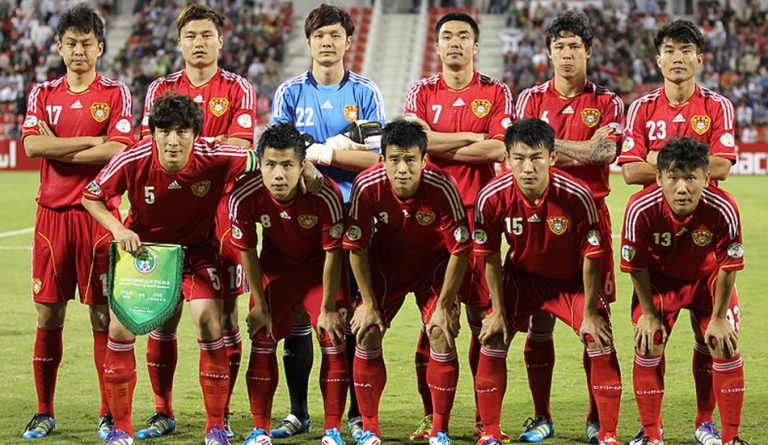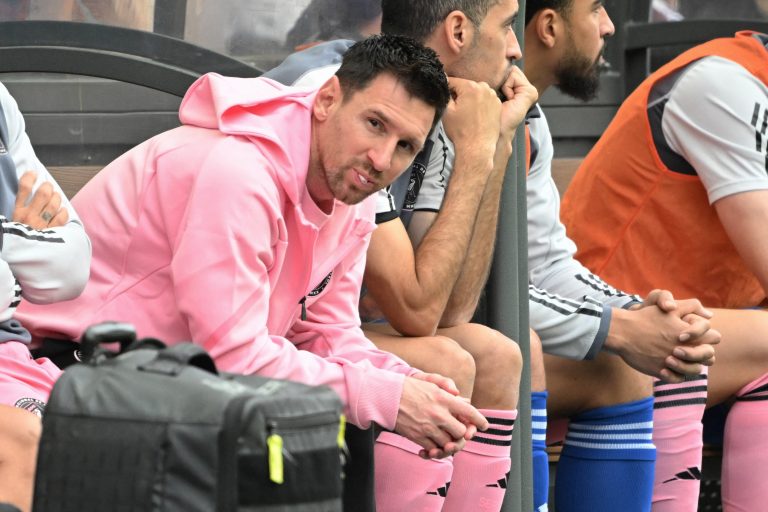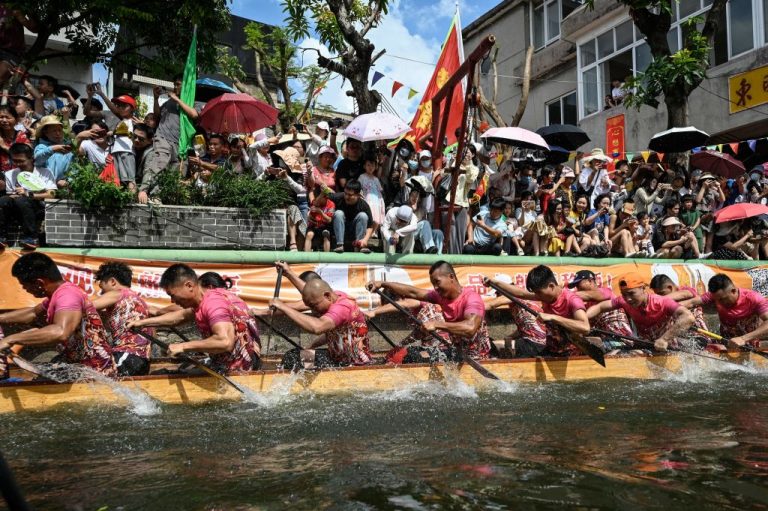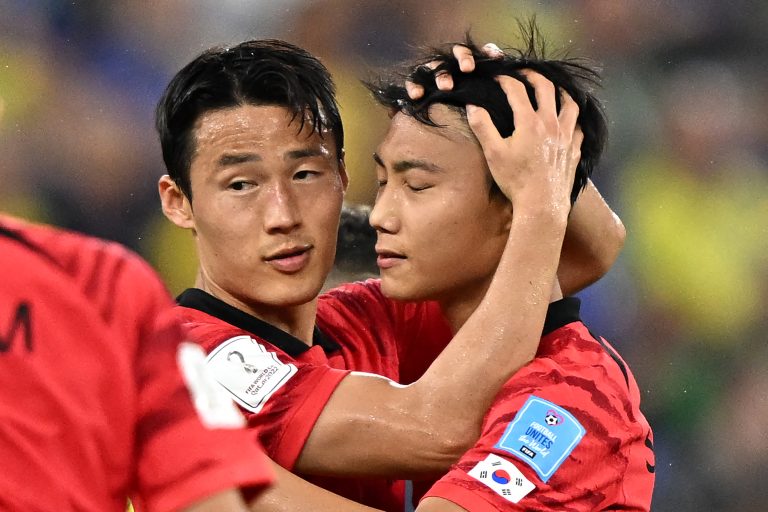On March 26, a court in China’s central province of Hubei sentenced several high-ranking soccer officials, including Chen Xuyuan, the former president of the Chinese Football Association (CFA), to life in prison.
The wave of legal actions is part of a broader crackdown aimed at “purifying” the tarnished image of Chinese soccer, which has long been marred by accusations of bribery, corruption, and other financial misconduct.
Chen’s sentencing marks a significant milestone in the fight against corruption, as he was found guilty of “engaging in match-fixing” and other financial crimes during his tenure. According to state media reports, the court ordered the confiscation of all of Chen’s personal property, stating that his illegal gains would be “recovered and turned over to the state treasury.”
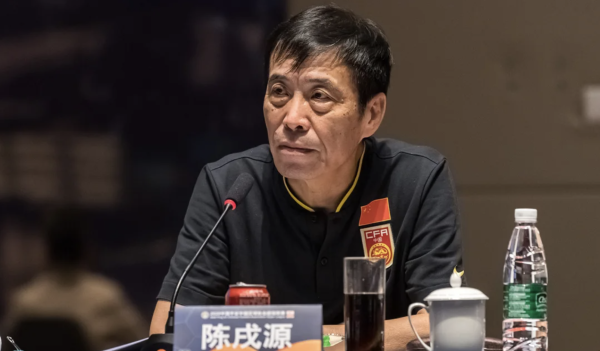
Additional officials caught in the legal dragnet include the former head of the National Athletics Association, Hong Chen, who was sentenced to 13 years in prison, and Chen Yongliang, a former high-ranking soccer official, who received a 14-year sentence. The crackdown also extended to Dong Zheng, the former CEO of the Chinese Football Association Super League Company, who will serve eight years behind bars.
RELATED:
- China Bans National Soccer Players From Getting Tattoos
- 129 People Dead in Stampede at Indonesian Soccer Match Riot, Police Say
- South Korean Soccer Player in Chinese Custody Following Bribery Allegations
The repercussions of the convictions stretch beyond the individuals to impact the broader landscape of Chinese soccer, which has historically struggled with issues of corruption and financial instability. Despite substantial investments and government support — including the construction of thousands of new soccer pitches and the development of youth academies — the national teams continue to perform poorly on the international stage.
Success
You are now signed up for our newsletter
Success
Check your email to complete sign up
China last qualified for the FIFA World Cup in 2002. This marked the only time that China has participated in the tournament. The 2002 World Cup, which was co-hosted by South Korea and Japan, ignited the hopes of Chinese fans as they witnessed their national team compete on soccer’s biggest stage. Despite qualifying, however, the Chinese team was promptly knocked out in the group stage.
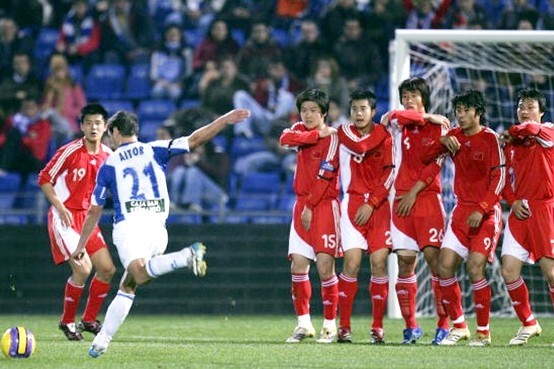
Meanwhile, Chinese leader Xi Jinping, a known soccer enthusiast, has aimed to transform China into a “football superpower.” However, Xi’s dream faces challenges due to the ongoing corruption and economic downturn affecting his country.
“Chen has brought tremendous damage to China’s football cause,” said China’s state-run Xinhua news agency, as it highlighted the government’s sweeping campaign at targeting corruption within the nation’s sports sector.
The anti-corruption campaign, which was championed by Xi since his ascent to power, has not only targeted the sporting world; the practice mirrors a broader, sweeping anti-corruption initiative across various sectors in China, including tech, politics, and business.
RELATED:
- Xi Cracks the Whip on Social Lives of ‘Leading Cadres’ in the Military
- High-ranking CCP Official in Guangdong, Li Chunsheng, Sacked for Corruption
- China Hands Suspended Death Sentences to Ex-Justice Minister Fu Zhenghua and Other ‘Political Liars’
- Beijing’s Tech Crackdown Highlights Political Risks in China
A complex web of lies
The cases against the soccer officials not only shed light on the pervasive nature of corruption within Chinese soccer but also serve as a warning to others. In a revealing moment from a four-part documentary series on corruption, Chen confessed to accepting substantial bribes on the eve of his appointment as CFA chairman.
According to the documentary, which was aired on national television in January, the bribes consisted of multiple backpacks stuffed with 300,000 yuan (about US$41,562) from “two local football officials.” The pair had asked Chen to “take care of them,” the documentary noted. The televised confessions drew the ire of netizens who took to social media to demand a probe into the bribes, which they believe played a large part in the national team’s continued poor performance.
While the severe penalties meted out to these officials mark a large step towards cleansing the sport, the journey towards a corruption-free soccer environment is far from over. In 2012, former CFA chairmen Xie Yalong and Nan Yong were sentenced to over a decade in prison for similar charges, yet corruption and lack of management continue to run rampant across many Chinese industries.
As China endeavors to reconcile its sport ambitions with the realities of corruption and governance challenges, the recent release and repatriation of South Korean soccer player Son Jun-ho, further illustrates the international implications of China’s internal crackdown. Son was detained by the Chinese government last year under suspicions of bribery.



